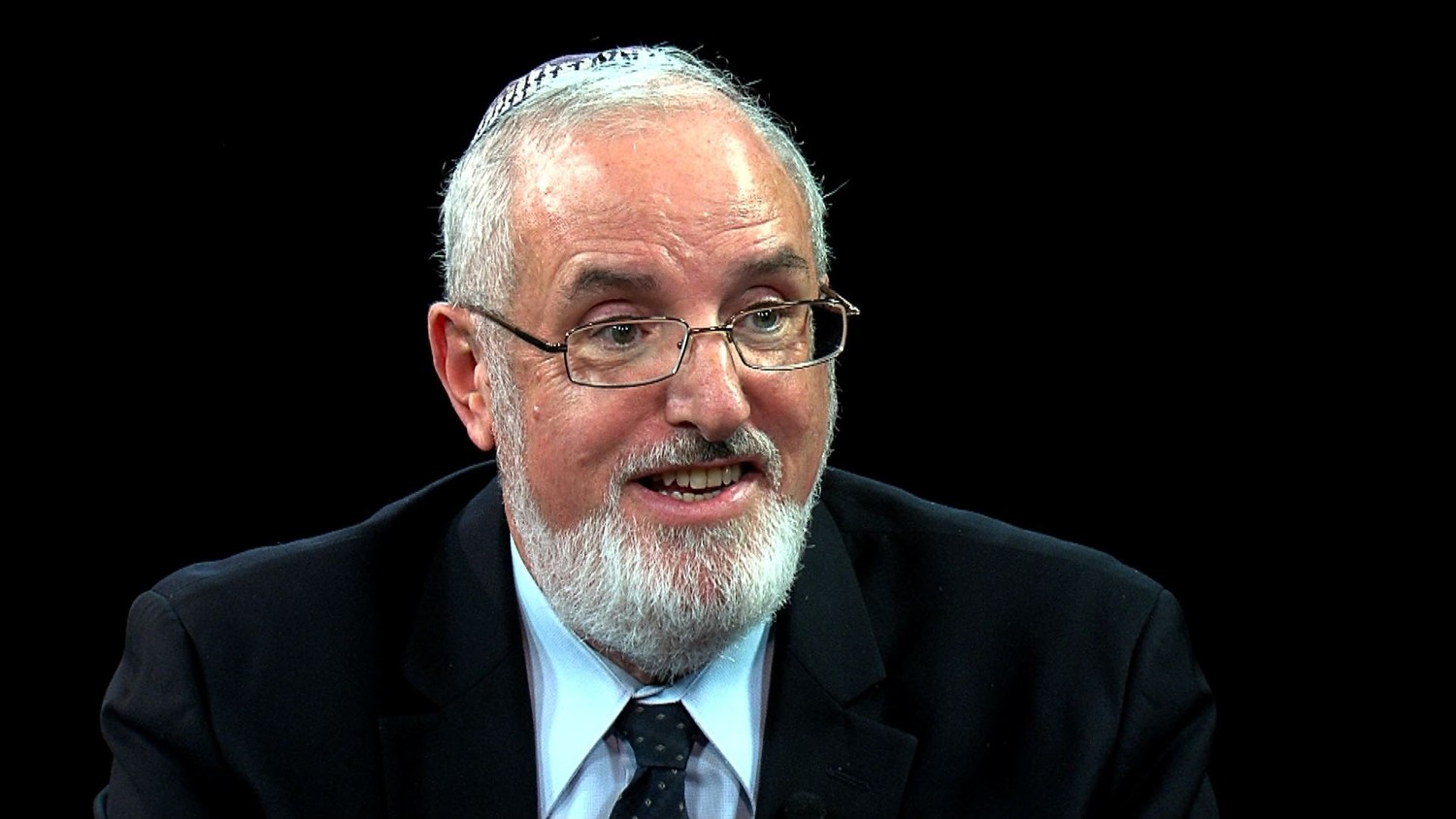Shul Jews: Thoughts for Shabbat Vayakhel-Pekudei
What role does the synagogue play in people’s lives? Here are several models.
The ‘hospital’ synagogue: This refers to people who come to the synagogue in emergencies — at a time of crisis, illness, death of a loved one. Normally, they avoid the synagogue; but they turn to it in moments of need. The synagogue is akin to a hospital — a place they generally avoid, and only attend in dire situations.
The ‘museum’ synagogue: This refers to those who visit the synagogue for the nostalgic qualities it offers. They enjoy experiencing the old relics of religion, and feel culturally enriched by their visits. They attend on holidays or other special occasions, as a social/cultural obligation. The synagogue is akin to a museum, a building that houses old things and old memories.
The ‘entertainment hall’ synagogue: This refers to those who attend synagogue because they have a good time there; they meet friends; they hear nice music; they listen to a sermon; they enjoy the kiddush following services. They want the synagogue to entertain them, to come up with new melodies and new programs. If the synagogue ceases to entertain them, they stop attending, or they go to another synagogue that they find more entertaining.
While the above models each has its role, the following model is the most important.
The ‘sacfed space’ synagoguge: This refers to those who are seeking communion with the eternal, ineffable G-d. They come to synagogue often, and in a spirit of yearning. When they enter the sanctuary, they feel the power of the “sacred space.” They sit humbly, quietly, thoughtfully. They absorb the atmosphere; they savor their words of prayer; they lose themselves in meditation. They have not come to synagogue because of an emergency crisis; nor to experience the museum-like qualities; nor to be entertained. They have come for something far different: they have come to commune with G-d, to understand themselves, and transcend themselves.
The Torah portions of recent weeks have focused on the building of the Mishkan, the wilderness sanctuary of the ancient Israelites. G-d commanded the building of the sanctuary so that “I may dwell among them.” A sanctuary is a sacred space: it is sacred by virtue of our sanctifying it, and our receptivity to having G-d dwell among us.
When we enter a synagogue, we should do so reverently, humbly, thoughtfully. The synagogue is not a hospital, or a museum, or an entertainment hall. It is a sacred space. “Happy are those who dwell in the house of the L-rd.” Having the proper mindset is essential to a meaningful synagogue experience.
If we understand what it is to be in a sacred space, we begin to understand what it means to have G-d dwell among us — and within us.
Rabbi Angel is interim spiritual leader of the Lido Beach Synagogue and rabbi emeritus of the Spanish and Portuguese Synagogue.

 48.0°,
Light Drizzle Fog/Mist
48.0°,
Light Drizzle Fog/Mist 




